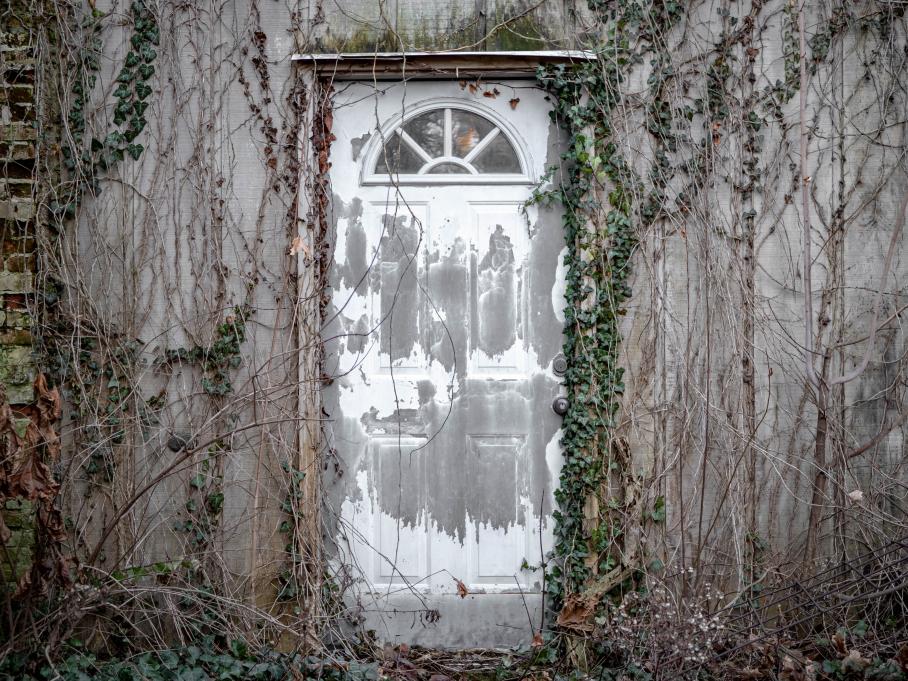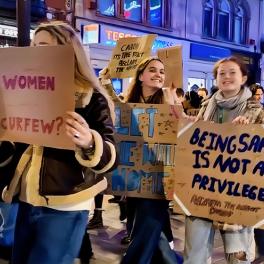
Please note: this article includes sensitive topics that some people might find difficult. Please visit our Resources Page for help.
According to the Pakistan Demographic and Health Survey, "28% of women age 15-49 have experienced physical violence since age 15. " However, this survey does not account for many of the domestic violence cases that go unreported. There are still so many voices that remain silent on this matter to this day. Everyone seems to be oblivious to the physical and psychological trauma these women suffer each and every day.
Numerous factors contribute to the reluctance to report this atrocious crime, with victim blaming and societal pressure ranking prominently among them. When a woman speaks out about the abuse, harmful sentences like “She must have said something offensive first” are hurled at the woman. Victim blaming, coupled with baseless and disgusting labels put on the victim’s character, completely discourages them from demanding justice.
One of the most prominent and extreme cases of domestic violence is honor killings. As the name suggests, this means when men kill their wives or sisters in the “name of honor” when they are believed to have done something 'shameful'. There are innumerable cases of this heinous crime. Saba Maqsood miraculously survived being shot by her relatives and dumped into a canal in Hafizabad town in Pakistan’s Punjab province for trying to marry the man of her choosing against family wishes.
Furthermore, in Lahore, Farzana Iqbal was brutally beaten to death with bricks by up to two dozen relatives, including her father, for marrying the man she loved. The saddest part of this ordeal is the seeming indifference of the authorities. While the perpetrators were mercilessly murdering her, outside one of the most respected state institutions: the Lahore High Court the police stood by and watched the crime unfold instead of helping her.
Thankfully, Farzana Iqbal’s killing, and the publicity that followed, shamed Pakistan’s prime minister and the Chief Justice of the Supreme Court into demanding investigations into the incident. And the culprits that could be found were soon in jail.
While this may seem like a giant leap towards solving this abhorrent issue, the culprits were only caught because of the immense attention this scenario garnered. In reality, the majority of the cases often happen in small villages or behind closed doors. For Instance, Ayat Bibi was bludgeoned to death in a north Balochistan village after being accused by a male relative of having relations with a man named Daraz Khan, who was also killed. It’s important to stress that those responsible for the killings were ordered to by a local cleric.
The reason for the police turning a blind eye to such atrocities is that in the public’s eye, the perpetrators are not plain murderers. In a twisted way, they are respected in our society. There are even some judges who are prejudiced about showing empathy and reducing their sentences.
Even though domestic violence is one of the most heinous human rights violations faced by Pakistani women, these cold-blooded murders and their inhumane treatment of women are often seen as something “respectable” in our society. It is every human's moral duty to raise awareness about this pressing issue. While should pressure the government into taking decisive action against these blatant perpetrators, however, first and foremost we, need to change the mindset of Pakistani's as this a big reason for the perpetuation of this detestable crime.
Support Young Creators Like This One!
VoiceBox is a platform built to help young creators thrive. We believe that sharing thoughtful, high-quality content deserves pay even if your audience isn’t 100,000 strong.
But here's the thing: while you enjoy free content, our young contributors from all over the world are fairly compensated for their work. To keep this up, we need your help.
Will you join our community of supporters?
Your donation, no matter the size, makes a real difference. It allows us to:
- Compensate young creators for their work
- Maintain a safe, ad-free environment
- Continue providing high-quality, free content, including research reports and insights into youth issues
- Highlight youth voices and unique perspectives from cultures around the world
Your generosity fuels our mission! By supporting VoiceBox, you are directly supporting young people and showing that you value what they have to say.





